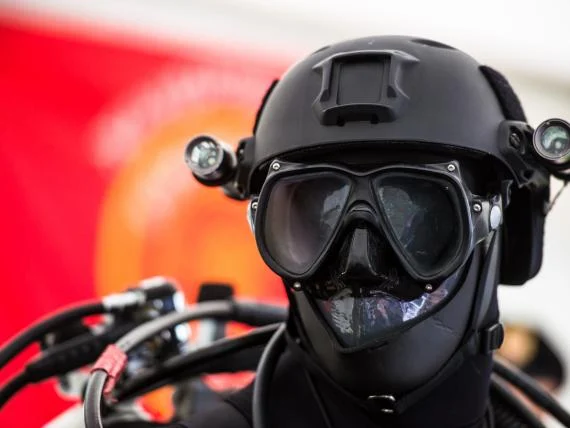

Diving is known to be a high risk activity where the worker is in an environment that is hostile to normal human existence and requires a life support system and knowledge of physiological limitations to be able to carry out the work required.
Diving incident numbers at work in the UK are relatively small due to the number of dives undertaken. However, a greater understanding of causal factors of the incidents could provide a better understanding of the risks to enable a methodology to reduce harm and further improve safety. Diving incidents outside of the UK especially within the realms of Public Safety Divers (PSD) that comprise of Police, Fire Fighters and sometimes Military divers are far higher. It is proposed that a study is carried out to compare the working practices used by PSD’s around the world with those in the UK, assisting Lloyd’s Register Group in the provision of guidance to Commanders of PSD’s.

More Information
Aims and objectives
To carry out a study to compare UK PS diving work risk profiles and identify differential working practices that will provide reduced risk measures. This will reduce the number and severity of the incidents seen around the world.
Key Benefits
Empower ‘intelligent customers’ – i.e. those vested with regulation of these types of work situations as to how to better evaluate interventions and assure they are fit for purpose
Provide designers and manufacturers with insight and case studies to improve design and manufacturing of diving equipment and controlling environments for safe working
Related Content
